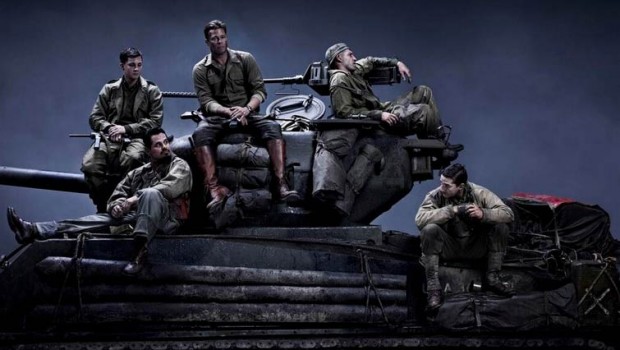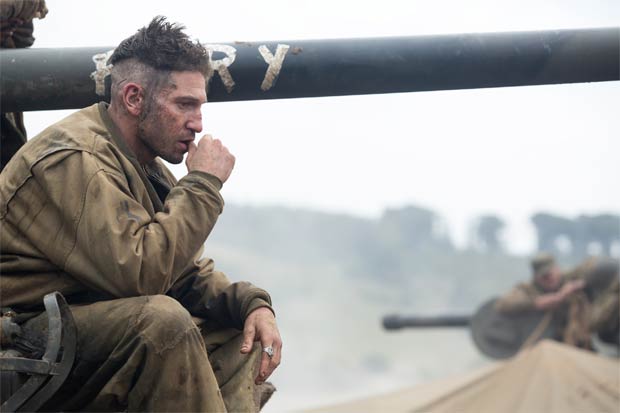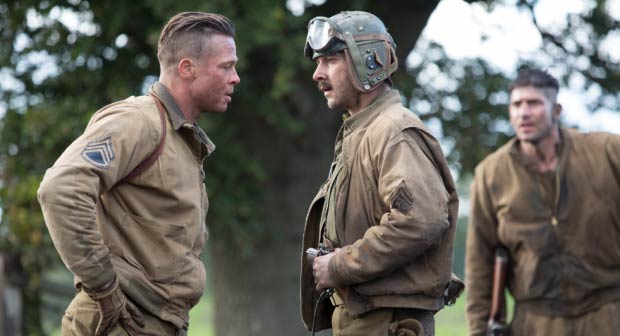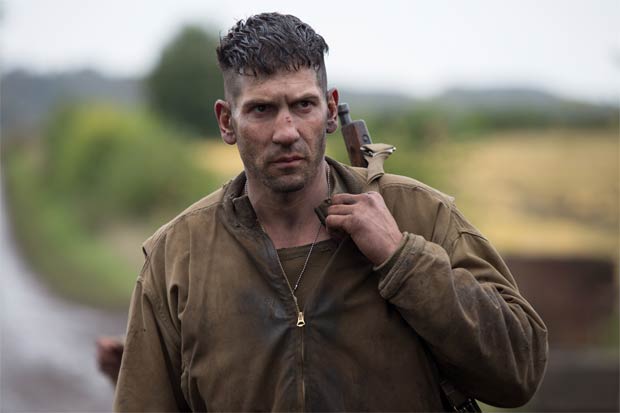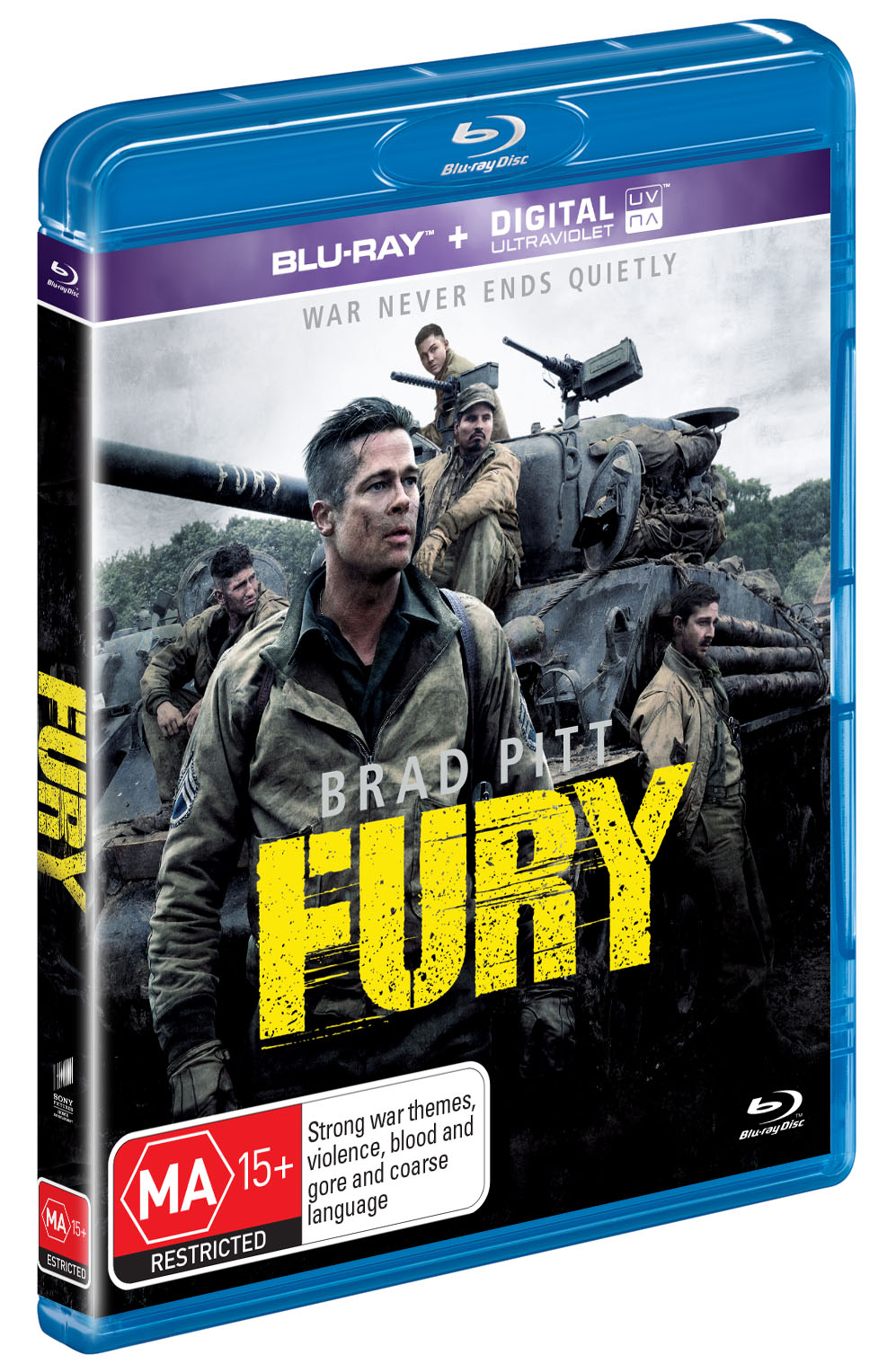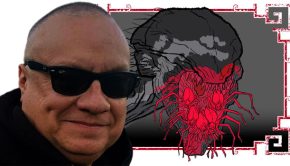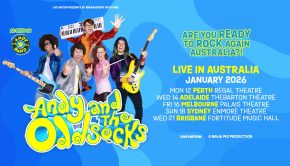Jon Bernthal Fury Interview
Your character, Grady Travis, must spend a lot of time with the gunner, played by Shia LaBeouf?
Yeah. Shia’s character is nicknamed ‘Bible’ because he’s constantly talking about scripture, while my character is constantly talking about sex and killing. It’s cool because they’re like two different sides. The tank is really two rooms — there is the lower part where the driver and bowel gunner are, played by Michael Pena and Logan Lerman, and then there’s the turret, with Brad, Shia and me. And then in our bit you have Bible’s part of the tank, which is covered in scripture and religious symbols and then there is my half, which was filled with pictures of naked women and bottles of alcohol. So in some way we are at odds with each other. But those two jobs are completely dependent on one another. We can’t operate without each other, so we made a decision to never smoke our own cigarettes. We go back and forth. We decided it’d work as a brotherly relationship and my character doesn’t really make a move without Bible telling him which way to go. I see Grady as the guy you want alongside you in a fight but he’ll never make the decision himself. Any time danger comes he’s looking to Shia’s character.
Is there much friction between all the characters in the tank?
There are times when we’re all at odds with each other — at some point. In the beginning everyone is melting down psychologically because one of the crew is dead and we’ve been four years without losing anybody. Now all of a sudden Red [the assistant driver] is gone and you find this family in an absolute state of fervour. But yes, there is conflict between all the members of the group and with the introduction of Norman’s character [Logan Lerman] the main conflict becomes the three original members — Shia, Michael Pena and myself — looking at the attention Wardaddy [Brad Pitt] is giving this new kid. That is a source of tension in the group. ‘Why is he paying all this attention to the new guy?’
Are you now very proficient in the running and maintenance of a Sherman tank?
Absolutely. I remember the first time we saw a Sherman tank was in Santa Barbara about four months before we started. We all met there for the first time and we climbed in for the first time and we learned very quickly. They say that a tank is a killing machine and not only does it kill everything outside the tank but a tank will kill anything inside it, too. Everything has sharp edges and it is very common for people to get a limb caught in the turret, and the hatches are 70lbs, so they’re dangerous. A lot of the tankers we talked to say that it’s quite common for people to get hurt inside. So it was very humbling and overwhelming when we first got in there. And when we first got in I remember thinking that we couldn’t spend more than a couple of minutes in there because it was so tight. I also remember Brad saying that it was going to smell very bad in there very fast. And that broke the ice! But, strangely enough, by the end of our time that tank became one of the most comfortable places I could imagine. You learn every nook and cranny of it and I’m so grateful for that preparation. It is so essential for that authenticity that we actually were comfortable in that tank. We could do everything — sleep, cook, eat on the tank — and we became proficient with all the weapons. The tank is a huge character in this movie and we came to love her.
You are no stranger to WWII having starred in Pacific but how would you compare that with working on Fury?
Doing Pacific was great and I loved working on that film and some of my best friends who are actors came from working on it. But I did not have the same level of emotional investment as I did on this job. There were 150 people on the Pacific boot camp while this one was tailor-made for the five of us. Also, while that was about being in the open, this movie was all about claustrophobia and containment and being trapped with each other. They were very different experiences.
How much could you bring to the creation of your character in Fury, like with the Appalachian accent, for example?
Something really lucky happened. In the script he is referred to as being from Arkansas and then somewhere else as being from Alabama. I’m not sure if that was a typo but what that let me do was have full creative license in terms of where he was from. I worked with a great dialect coach and we found a dialect that we really loved. It is the north Georgia hills. I then investigated it through photography and the internet and learned what it’d be like living in the north Georgia hill country during Depression-era America. We learned about his teeth — there is no fluoride in the water at that point, so I wanted him to have rotted teeth. I remember discussing that with David and as soon as I told him he grabbed some clippers and designed my hair! I went into these great photo-books of Appalachia and I found pictures that helped me put the character together – who his girlfriend might be and where his town was. I was able to get really specific detail.
He sounds a fascinating character…
He’s probably never been out of the small, tiny hollow that he grew up in and yet here he is fighting overseas in Africa, Italy, France and Germany. And this is a guy who has never been to Pittsburgh. So for me a big part of Grady was observing. He is a guy who’s consumed with this fear of death and he is a killer through manual labour, loading those shells. He doesn’t get to see the enemy. He just works. At the end of a day of shooting my knuckles would be pouring with blood from really punching the shells into the cannon. I was really doing it. They wanted me to wear protective gear but I didn’t. I wasn’t trying to be a tough guy, but I just thought that doing it for real would add to the performance.
How important was the time you spent with combat veterans?
I remember when we first talked to WWII vets, it wasn’t so much what they said that struck me but how they behaved with each other. These are really tough men who’ve been through some real crap and we’re talking about stories and doing things that I couldn’t even imagine. But I noticed that even though those guys didn’t know each other, they were constantly putting their hands on each other and touching one another and putting their arms around each other. There was a real feeling of fraternity between them. That love and mutual respect really struck me. These guys fought to keep each other alive. And I remember one guy telling me that he saw something that made him decide to never take another prisoner alive. For him to talk about that was huge and it had a massive effect on me. It made me think about my life and my brothers and my family and how if you witness enough maybe you can’t come back from that.
Apparently, writer-director David Ayer put you through a rigorous process before and during filming?
The whole thing was designed like a military exercise and he was the general. He was at the top. There was a clear ranking system and psychologically there is nothing stronger than a man trying to defend his family. So he wanted us to be like a family. Also, there is nothing as cruel as a family can be to each other. He was constantly in our ears and he had a private personal relationship with each of us and he needed to know that he could say something in our ears and that we’d break us down in a moment because that was the fragile state these guys were in after the psychological trauma of being in this war. And he did it a lot. I’ve been in some intense situations in my life but never like this. David is a very serious guy and it was important to him for a host of reasons. He surrounded us with people who have lost people in battles. He constantly made us go through things that made us feel dark. This was never supposed to be a fun movie.
Was the boot camp the most challenging aspect?
A Navy Seal, who had been all over Iraq and Afghanistan, ran the boot camp. The whole camp was modelled on the Seal boot camp and the whole idea was to break you down individually and to slowly build you back up. Once we found each other and discovered each other’s strengths and weaknesses we could help pick each other up and we really became a unit and a family. And a lot of great men were brought out here to teach us. They had us do a lot of things that we can’t talk about and I don’t know if I’m proud of some of the things I had to do. We had to lose ourselves psychologically. We are actors but we were asked to stay in this psychology for this entire seven-month period. We helped each other do that. There was no escaping off to bars or restaurants and there was no desire to get back into the comforts of everyday life. I have two babies and yet I isolated myself from my wife and my kids. The hardest part was staying in that mind-set, but it is something that I am grateful for.
What are your best memories of working with Brad Pitt?
I have a lot of memories of him; I love Brad. You hear actors say that all the time, but Brad is really a great man as well as a great actor. I loved his generosity and his willingness to participate in all this. He did everything that we did and he did it willingly. He was part of our unit, he was the tank commander and he was one of the guys.
FURY
Yours on Blu-ray™, DVD & Digital with UltraViolet™ from January 22, 2015


